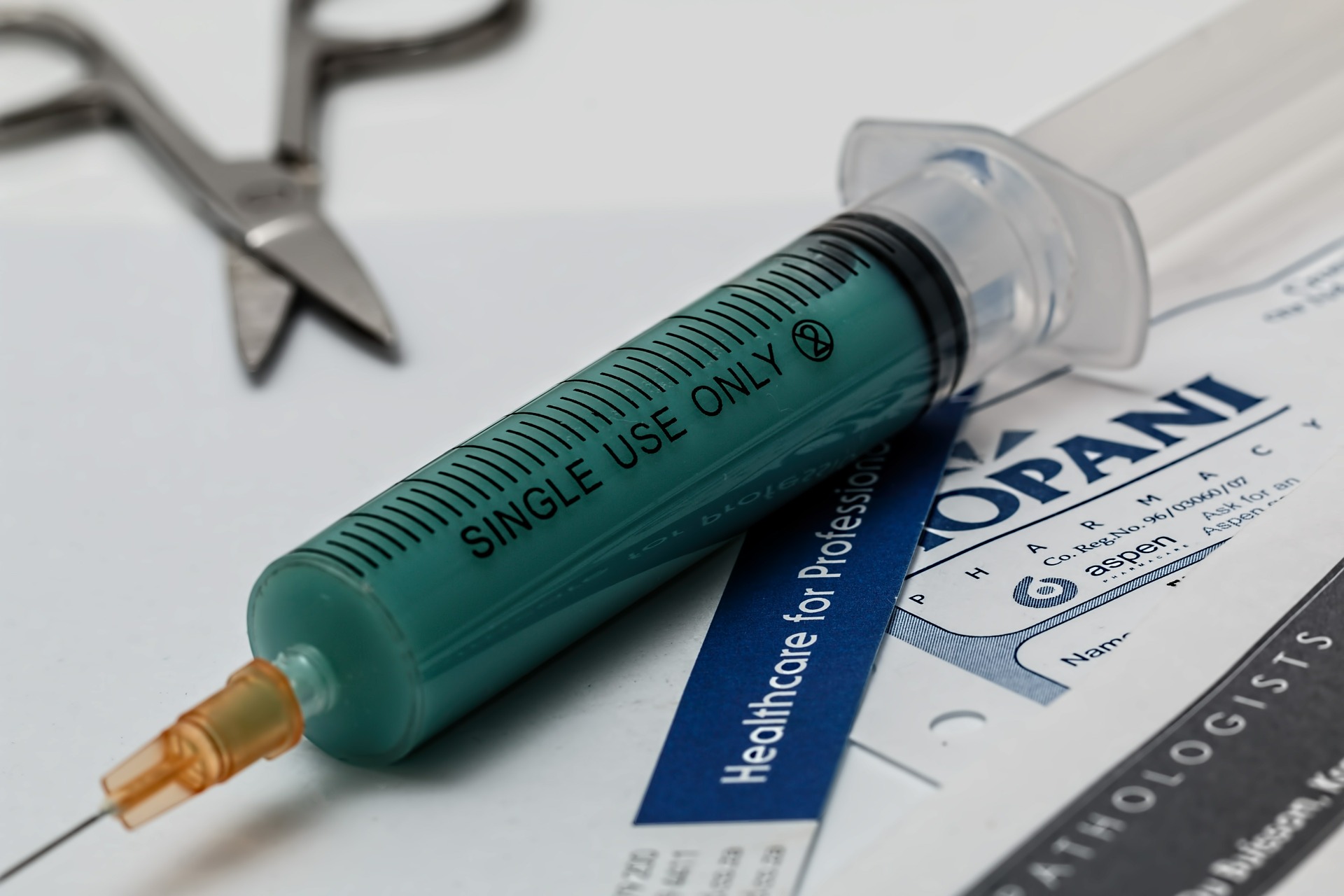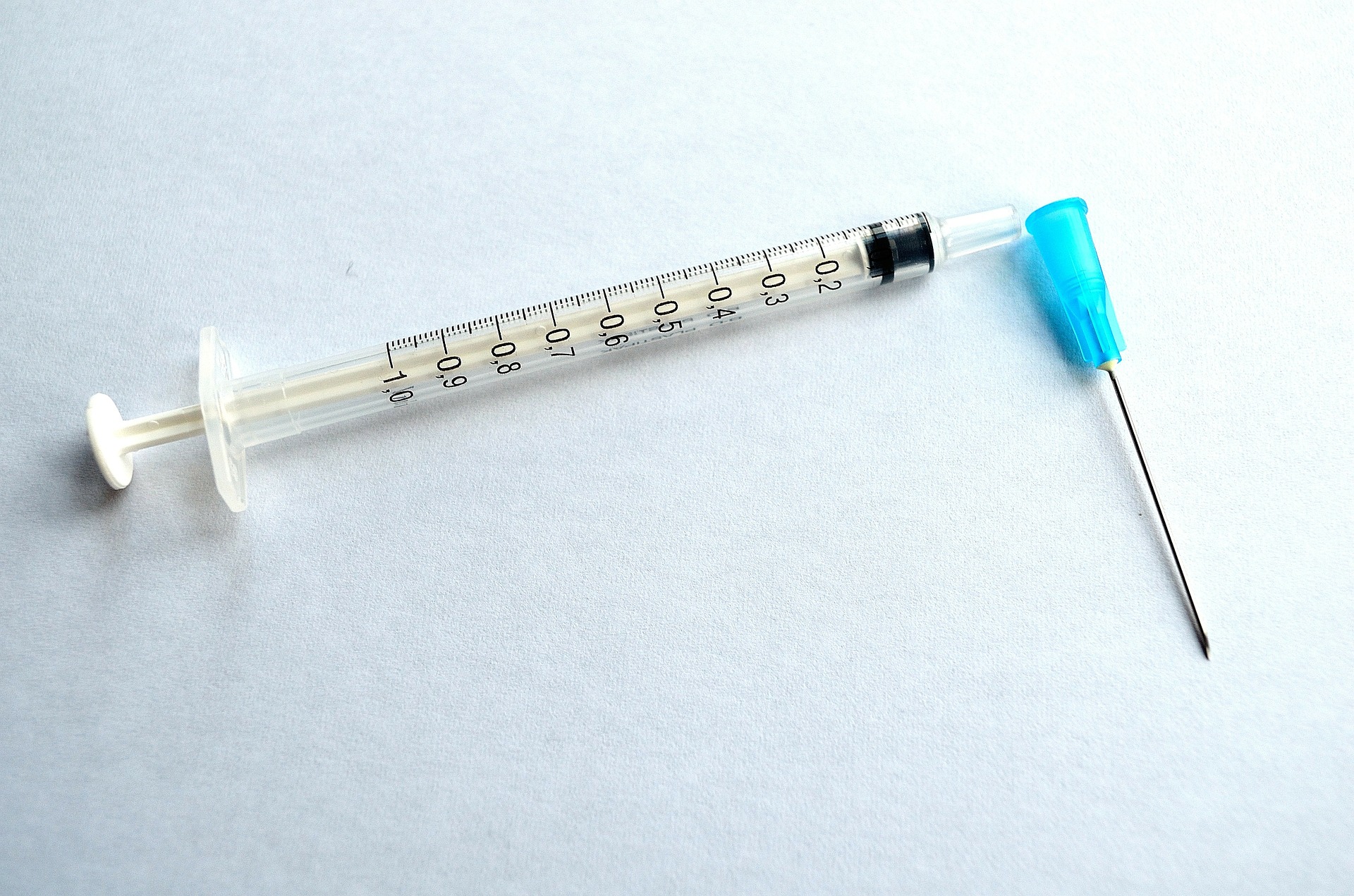Despite the Operation Warp Speed COVID-19 vaccine program spearheaded by US President Donald Trump, some of the lead runners in the program — including Moderna and Pfizer — say that data from their vaccine trials won’t be available well into November. This may put a damper on Trump’s plans to ignite his election campaign with a much sought-after vaccine against the novel coronavirus made in record time.
Officials are instead outlining a timeline of data releases that will commence in November and continue into 2021, with emergency reviews along the way.
The US FDA also outlined advice to developers looking to get emergency use authorizations (EUA) in a guidance document that it released last week. This includes advice to monitor patients for two months after receiving their final vaccine doses. This would certainly make it difficult for any of the frontrunning companies to file for emergency use authorization in time for the US election slated for November 3.
Related: AMRI Signs Supply Agreement with AstraZeneca to Manufacture COVID-19 Vaccine
Trump and the White House did not react favorably to the new FDA rules. However, the Wall Street Journal reported that the White House administration has now accepted the guidelines despite its initial pushback. Nevertheless, this did not stop Trump from tweeting his disapproval of the document saying, “New FDA Rules make it more difficult for them to speed up vaccines for approval before Election Day. Just another political hit job! @SteveFDA.”
Geoffrey Porges, MBBS, director of therapeutics research and a senior research analyst at SVB Leerink covering diversified biopharmaceutical stocks, said that the release of the FDA document publicly indicates that the health agency “appears to be protecting their integrity and reputation by putting all this regulation into the court of public opinion.” The FDA is “making it clear to their many constituencies the standards they will apply for the provision of either emergency use authorization or full approval of a COVID vaccine.”
And November may even be too optimistic of a timeline. According to a Reuters report, at a coronavirus vaccine symposium organized by the Johns Hopkins University and the University of Washington held last Tuesday, chief advisor of Operation Warp Speed, Moncef Slaoui, said that early efficacy data on vaccines will be available over the next several months, with Pfizer and Modern’s in a first wave in November or December. He expects enough doses to be available to vaccinate 30 million people during those months.
December is also the expected timeline for Johnson & Johnson who may be ready to report interim results from their vaccine trials then. This is according to Larry Corey, head of COVID-19 Prevention Network, who made the comments at the symposium. Corey said data from other vaccines are expected between January and April.
It appears that AstraZeneca’s vaccine program, in collaboration with the University of Oxford, may be the closest to having data available as early as late October, this, despite a temporary suspension to the trial having occurred in September after a participant experienced a serious neurological reaction. Slaoui said while the company’s US study remains on hold, data readouts on the vaccine’s effectiveness may be expected somewhere in late October or November from ongoing studies in the UK, Brazil and South Africa.
“At that time, we will have very few doses to be able to, if the decision was to approve the vaccine, immunize,” he said, adding that efforts to scale up manufacturing of the vaccine are concurrently underway.
Apart from the two months of data required for an EUA review, the FDA has also asked makers to provide detailed information on manufacturing, as well as proposed labels and patient brochures as part of the review.
The FDA is certainly doing its due diligence with heightened transparency when it comes to the approval process for any potential COVID-19 vaccine. As part of its efforts, the agency has plans to conduct a meeting for independent experts to review overall progress on coronavirus vaccine development. The FDA will also require a public meeting for any vaccine program that undergoes review for an emergency use authorization.
There are some concerns that emergency use authorizations could impact ongoing vaccine development. According to Corey, investigators can learn much more about the programs if the trials remain blinded for seven additional weeks.
In addition, EUAs could threaten ongoing trials as participants might drop out and opt for an EUA vaccine instead. According to Fierce Pharma, another symposium panelist, bioethicist Joseph Millum, said the trials might need to unblind and include the EUA vaccine as one arm. Millum said that “continuing with a placebo-controlled trial when there’s a EUA vaccine could be unethical.”
There are obviously some important considerations to be made when it comes to granting authorizations for a coronavirus vaccine. It will also be interesting to see how health agencies around the world, including the European Medical Agency (EMA), handle authorizations.
So far, the EMA has initiated rolling reviews of COVID vaccines, including those from AstraZeneca and Pfizer. However, the agency has stated that the “start of the rolling review means that the committee has started evaluating the first batch of data on the vaccine, which come from laboratory studies (non-clinical data). This does not mean that a conclusion can be reached yet on the vaccine’s safety and effectiveness, as much of the evidence is still to be submitted to the committee.”
The urgency for a vaccine against the novel coronavirus continues as second wave outbreaks of the infection around the world are leading to new lockdown measures, with the global death toll having now surpassed 1 million.












Join or login to leave a comment
JOIN LOGIN